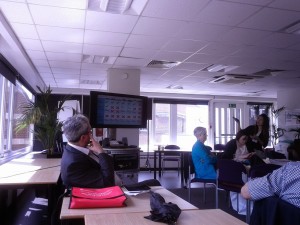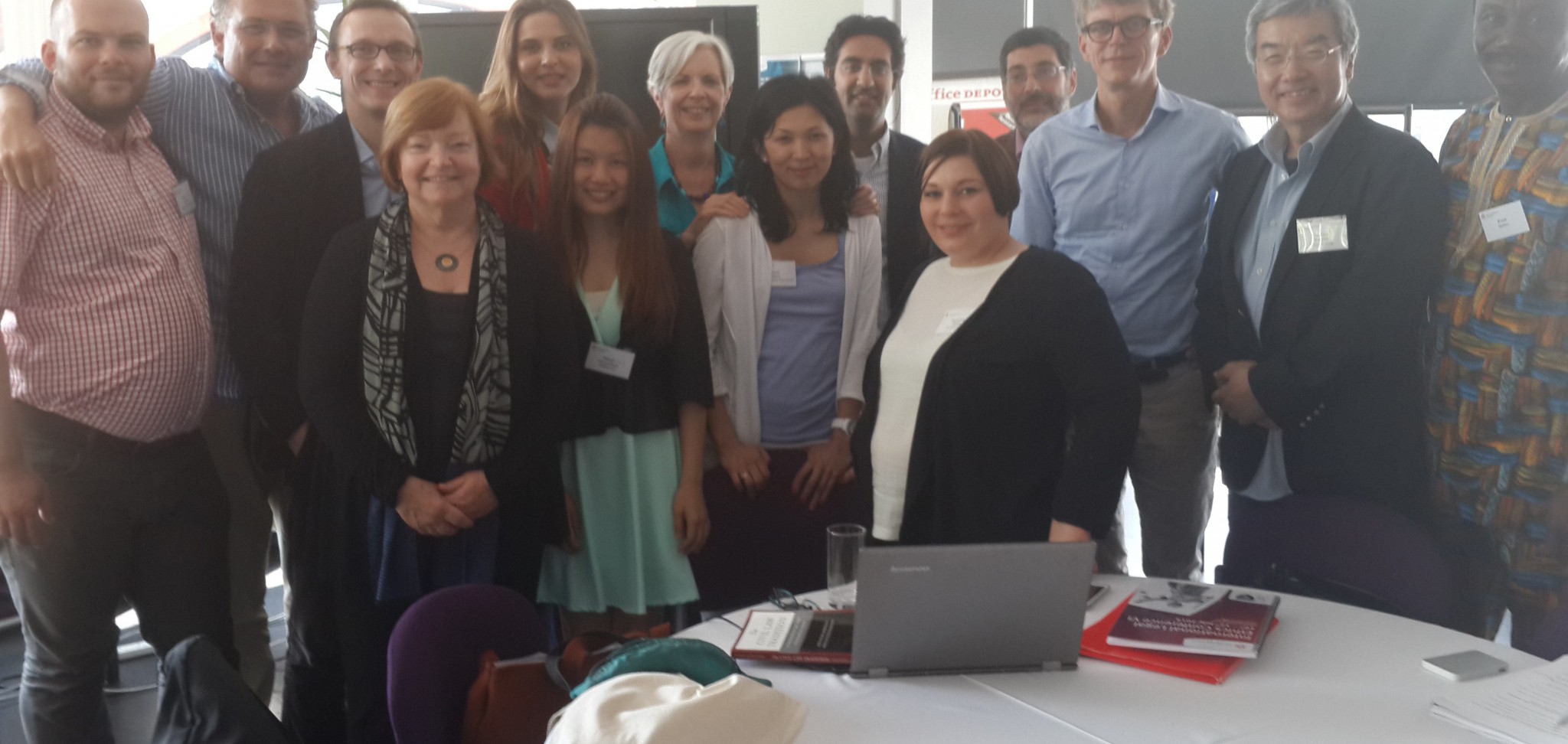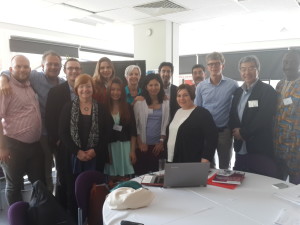By: Nattakan Chomputhong (Ann), Legal Trainer
In my role as a legal trainer and regional legal ethics, access to justice, pro bono and professional responsibility curriculum development coordinator for BABSEACLE I was selected to attend and participate in the International Legal Ethics Conference VI (ILEC VI) at University College, London, UK, BABSEACLE, along with other organization partners: BABSEACLE Australia, BABSEACLE Singapore, BABSEACLE Foundation, Herbert Smith Freehills, DLA Piper, New Perimiter, and the Australia Government Solicitor have developed a legal ethics, access to justice, pro bono and professional responsibility curriculum that is currently being implemented by law faculties throughout Southeast Asia.
At the ILEC VI, I gave presentations about our project and about legal ethics education beyond common law countries. The conference gathered many significant people, in the legal ethics field, including academics, professors, lawyers, and those involved in legal ethics education, teaching legal ethics courses, and developing materials for teaching. It was a space to share developments in improving legal ethics education, to learn from others, to share ideas, to discuss problems in legal ethics education and to explore ways to strengthen and improve, for the future.
The developed curriculum clearly shows the value of getting lawyers engaged in curriculum development, especially in terms of content and teaching practical skills. I hope that this project will help support the conduct of legal ethics workshops, in order to introduce the curriculum to universities. This initiative will include legal education, conducted by bar associations and lawyer councils, and the its implementation of legal education in undergraduate, postgraduate, and continuing legal education programmes, in several countries.

For instance, in Thailand, legal education is an undergraduate degree that lasts four years. Upon graduation, most graduates continue their studies, at the local bar association, and then sit the lawyer exam, which requires training by the lawyer council. Although most universities in Thailand teach legal ethics, it is limited in content and consistency. Legal ethics is not included in the bar association’s training and examination, lawyers are not required to participate in continuing legal education, and legal ethics is not mandatory in every university. This obstructs the development of legal ethics and professional responsibility in law students, specifically, and in the legal profession, in general.
Most Thai university lecturers, due to the fact they are governmental employees, are not allowed to practice law. In other words, law lecturers cannot be practicing lawyers. This prohibition is similar to many other countries in the region. Therefore, it is important to teach legal ethics, at all levels of legal education, and to have lawyers or practitioners involved in classes that are related to legal ethics, professional responsibility, and lawyering skills/practical skills. Universities can also have lawyers and/or practitioners participate in legal ethics class: by being guest speakers, in order to share the legal ethics issues that they faced in their careers; by reflecting on real experiences with that involved legal ethics conflicts and problems, and how to solve them they were resolved; and by teaching professional responsibility. This will not only also promote pro bono work and encourage lawyers to do more pro bono work, it will also be a good models for law students and students, who will be able to see the ethical and professional behaviors of lawyers and/or practitioners who have real work experience.
Participating in the International Legal Ethics this conference gave me broad understanding of legal education not just in Southeast Asia and across the globe. Hopefully, this knowledge and will augment my research, and will help me to understand how the status of legal ethics education, around the world, better and hopefully be able to can be adapted possible approaches of and applied to other countries to specific countries in Southeast Asian countries.
This conference gave me a chance to meet and learn from the scholars and lecturers who have developed legal ethics course books and materials. I could see how our curriculum was different from textbooks that were are written by scholars or lecturers, who have never practiced law, since our curriculum covers a wide range of the general and specific experiences of the practicing lawyer. This reminded me of the reasons why lawyers should be involved in legal ethics education, and why people should value and give precedence to legal ethics education. It also motivated me to improve and push legal ethics education, in Thailand and Southeast Asia.
I would like to thank everyone, who supported me throughout this incredible experience, especially BABSEACLE, which who supports law students, lawyers, law lecturers, legal fellows, and young people, like me, to gain international experiences.



